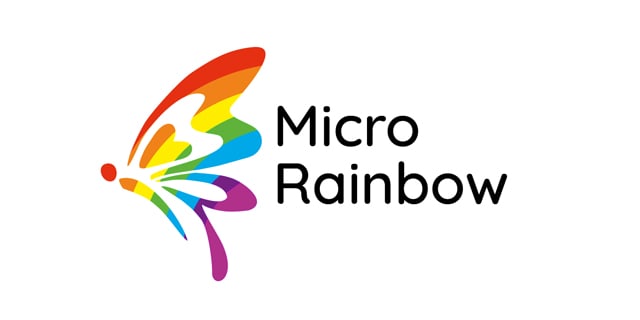Self-care and taking care of mental health
For me, self-care is always more mental than physical. You learn to appreciate yourself in your mind. Self-care means putting your body and mind in a good place and keeping them in good condition for every part of life.
I go to the gym regularly. It works magic. It makes me feel good and it makes me drink water, which is good for my skin. I also want to look fit and like how my arms and chest look and that makes me feel confident. I want to be looked at. The gym is also an escape from depression. It helps me be healthy and it pushes me to leave my room. It stops me from feeling imprisoned. When I cannot go to the gym, I still make sure to do push ups in my room.
I also love to go on walks. I go window shopping. It’s nice to see people with smiles on their faces. The other day I was in front of a Primark, and a baby gave me the brightest smile I have seen in the last year or two. I just kept smiling back. I was thinking about my life as an asylum seeker but seeing the baby smile made me smile too. It can be lonely being an asylum seeker. Living in Micro Rainbow housing has helped me make connections with people in similar circumstances to my own. I have also taken part in activities like the dance groups through the Social Inclusion programme which have helped me find friends and form my own community in the UK.
Cosmetics, reading and taking vitamins
When I have extra change, I like to buy books or vitamins and cosmetics. I need vitamin D because I’m from a climate that gets more sun than the UK. I’m very careful with soap, testing one out for two or three days and if I don’t like how it feels, I stop using it. I liked reading The Beautiful Mind by John Nash and The Black Country by Malcolm X. I also want to know the history of England, I like to know the lineage and the way the system is organised. Back in Nigeria I watched movies that started my interest in the Tudors. Now I continue my interest in history by reading about royalty like Henry VIII.
In general, I am conscious of myself. I pay attention to my mental and physical needs.
Tips for developing self-care habits
One thing I am sure of is how beneficial going outside can be. It helps to see people’s smiles, and the sun. If you can read, read. Talk to your housemates. Make connections. Find someone in a similar situation to you and talk to them. When you laugh, chat and play games with another person it can make you forget that you are an asylum seeker.
I have one friend who is a university professor. He invites me to the symphony and the ballet. It makes me feel integrated into society and like I’m not here seeking asylum.
Little things like taking a walk and talking to people might not feel important in the moment but looking back you will see how helpful they are.
I also think food affects mood. Cook your own food. I have a big pot I make soup in. I keep extra soup in containers in the fridge and I can have soup for the next two weeks if I want. It’s cheaper to make my own food, and it makes me feel good to eat something from home. My favourite soup to cook is Egusi. It’s a Nigerian dish made from ground seeds, oil, fish, meat and vegetables. Drink more water too. You can add a slice of lemon or lime to make it taste better.
Finally, keep your space clean to help you relax. It’s calming to be able to shower and go to bed in an organised room.
Different strategies for self-care
Self-care does differ between people! Be conscious of yourself and work out what you need to keep your mind and body healthy.
Joe’s top tips
- Go outside and spend time in the sun
- Reading is a great pastime
- Talk to your housemates and make connections
- Cook your own comfort food
- Drink more water. You can add a slice of lemon or lime to make it taste better!
- Keep your bedroom clean
Joe’s final tip is to sit back and enjoy delicious Nigerian Egusi Soup.







